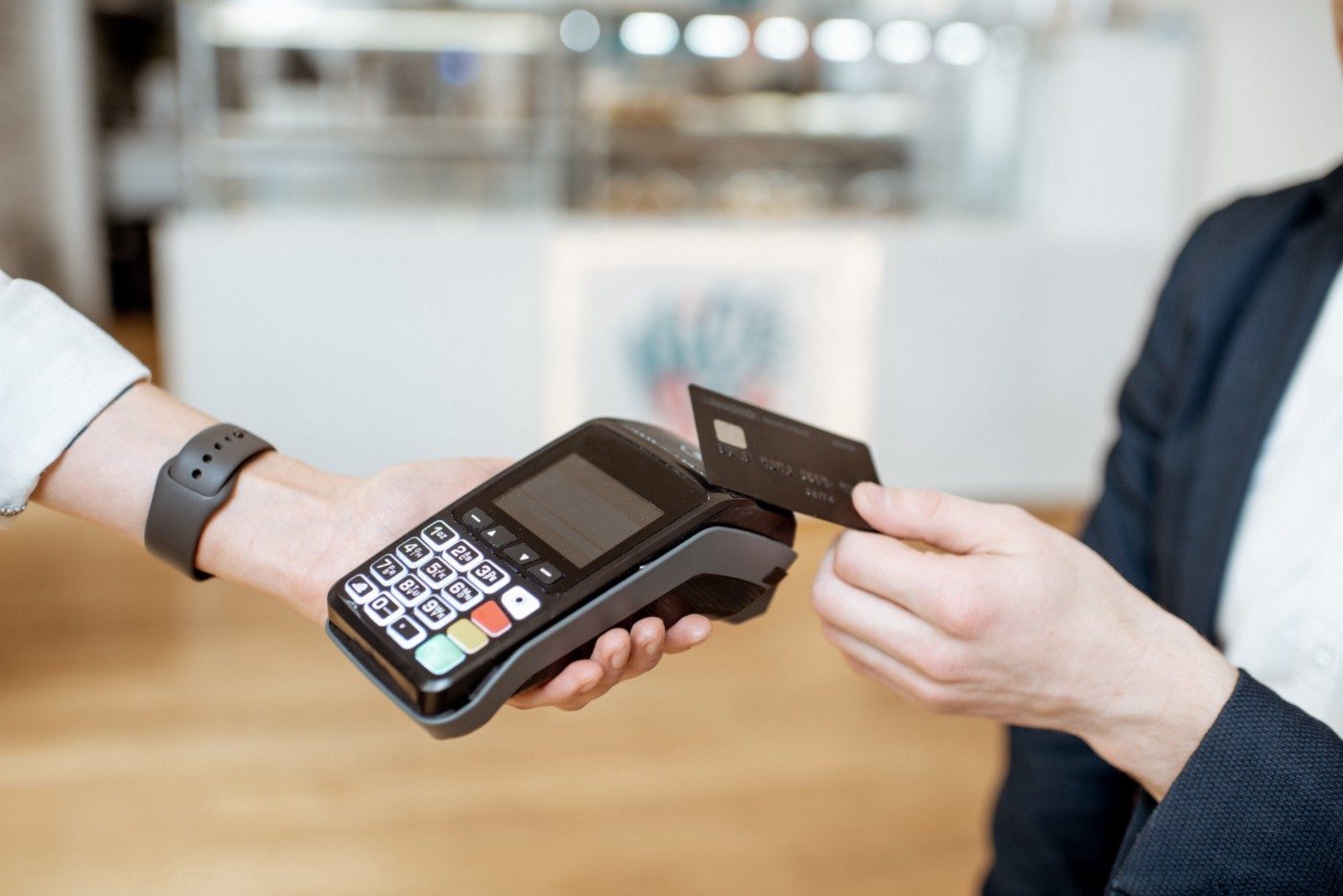by Abdul Rahman Abid & Adan Ali
Will paper currency survive its latest, and arguably its ultimate test: the coronavirus pandemic?
Nearly a month ago, as we made a pitstop at a Woqod fueling station to get a refill for Adan’s car, something weird happened. Adan never paid for the refill and just drove off. As I sat in the passenger seat, in utter shock, my mind wrestling to come up with scenarios to explain why he might have broken the law, with his phone in my hand that I was using to deejay, a notification popped up. It was a text message from Woqod, saying Adan had QAR 53 remaining in his prepaid account. He spent the remainder of the ride explaining.
He said that a few days prior, he had gotten one of Woqod’s e-tags installed in his car. These tags are a form of contactless payment that is essentially made out of prepaid microchips fixed near the fuel tank opening. Every time a vehicle tank is refuelled, the tag connects the petrol station to the user’s prepaid Woqod account, and payment is made without ever needing to use cash or card. It also allows for all transactions and vehicle records to be processed digitally.
Back then, the installation of such a gadget only felt like a means of serving Adan’s obsession with vehicular innovation. In hindsight, in the midst of a highly contagious, once-in-a-generation pandemic that has consumed over 200,000 lives, it seems like a smart move.
The novel coronavirus (COVID-19) is said to be both more contagious and fatal than many contemporary diseases. Initial studies have shown that the virus can survive on a range of surfaces for periods lasting up to 72 hours, and that includes banknotes.
Simply put, currency notes are filthy. According to a growing body of research, paper money can harbor thousands of microbes from every environment it touches — whether that’s someone’s fingers, a waiter’s apron, a vending machine or the dank area under someone’s mattress. TIME even reported that paper money can carry more germs than a household toilet. And bills are a hospitable environment for viruses and bacteria that can live on most surfaces for about 48 hours, but paper money can reportedly transport a live influenza virus for up to 17 days.
When the COVID-19 outbreak spread in Hubei, China, the country’s central bank ordered currency notes be disinfected for the fear that they might serve as a carrier for the virus. Since then, countries around the world have adopted similar measures. Even the World Health Organization (WHO) has echoed the concern that infected notes may be spreading the disease.
The spread of the novel coronavirus has forced us to rethink our routines and behaviors, including our shopping habits. Since contactless and digital payment methods require less physical interaction and are considered more secure, more consumers are opting to use these. Globally, e-commercetransactions were up 23 percent in mid-March compared with typical weekly volume.

Woqod e-tags are an example of how this is being done in Qatar. Woqod has offered free e-tags to its customers to avoid cash and card transactions at its petrol stations. Similarly, banks in Qatar have tripled their daily limits on contactless cards to discourage customers from using keypads on credit card machines — which also are riddled with all sorts of germs. This initiative has been rolled out by banks to limit the spread of COVID-19 as customers are not required to enter the Personal Identification Number (PIN) while doing a transaction with these cards.
Lastly, food delivery services, such as Talabat, have rolled out contactless delivery. “We implore you, as a customer to pay by online payment (debit, credit or Talabat credit), which means no physical cash needs to exchange hands, therefore making contactless delivery possible. By making delivery contactless for our customers and our riders, we are putting [of our customers] health first,” said Tomaso Rodriguez, Talabat CEO, as reported by The Peninsula.
Furthermore, fintech (financial tech) services, computer programs and other technology used to support or enable banking and financial services are likely to see their demand increase all over the world, according to FINCH Capital. If approached rightly, local entrepreneurs can cash in on this opportunity and let their innovation run wild. Or as Managing Director of Qatar Financial Centre’s Financial Sector Office Henk Hoogendoorn put it in a recent webinar on the potential of growth for fintech, we have to live with the fact that COVID-19 will change our behaviors. “Fintech [has the potential] to take the lead in innovation while typical competitors (such as banks) lag behind,” he said.
Qatar-based fintech startups SkipCash and Sadad can both serve as guiding lights in that respect. Speaking about his startup’s chances of success in the current situation, Safarudheen Farook, co-founder and CEO SkipCash, said, “as a mobile payment enabler, SkipCash [can play] a crucial role to minimize the spread of the virus in the region.” The company’s mobile application, Farook added, will help shoppers to completely eliminate the use of paper cash. Instead, shoppers will be able to use their mobile phones to make all purchases, whether from retail stores or online stores. According to Farook, the SkipCash app will be available for public use soon.
While the spread of the virus sends many of us into self-quarantine and some of us to seek medical attention, it also continues to challenge our other realities as well. But if it is able to force humanity away from printed currency, something we have used in one form or another for nearly a millennium, that would be a defining moment in human history. Till then, I suppose, I will keep telling people that Adan once got his car refilled and dashed out without paying.







